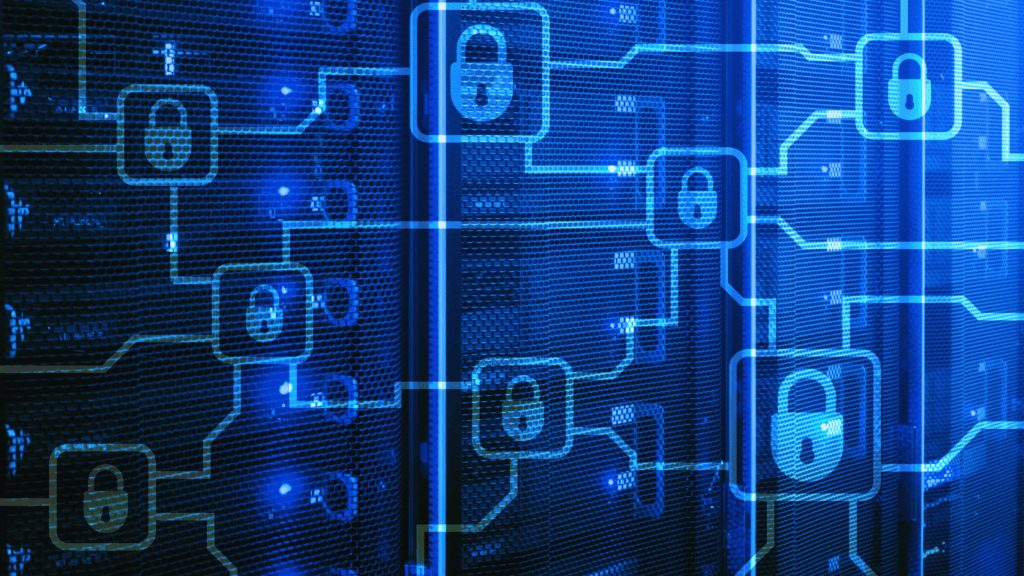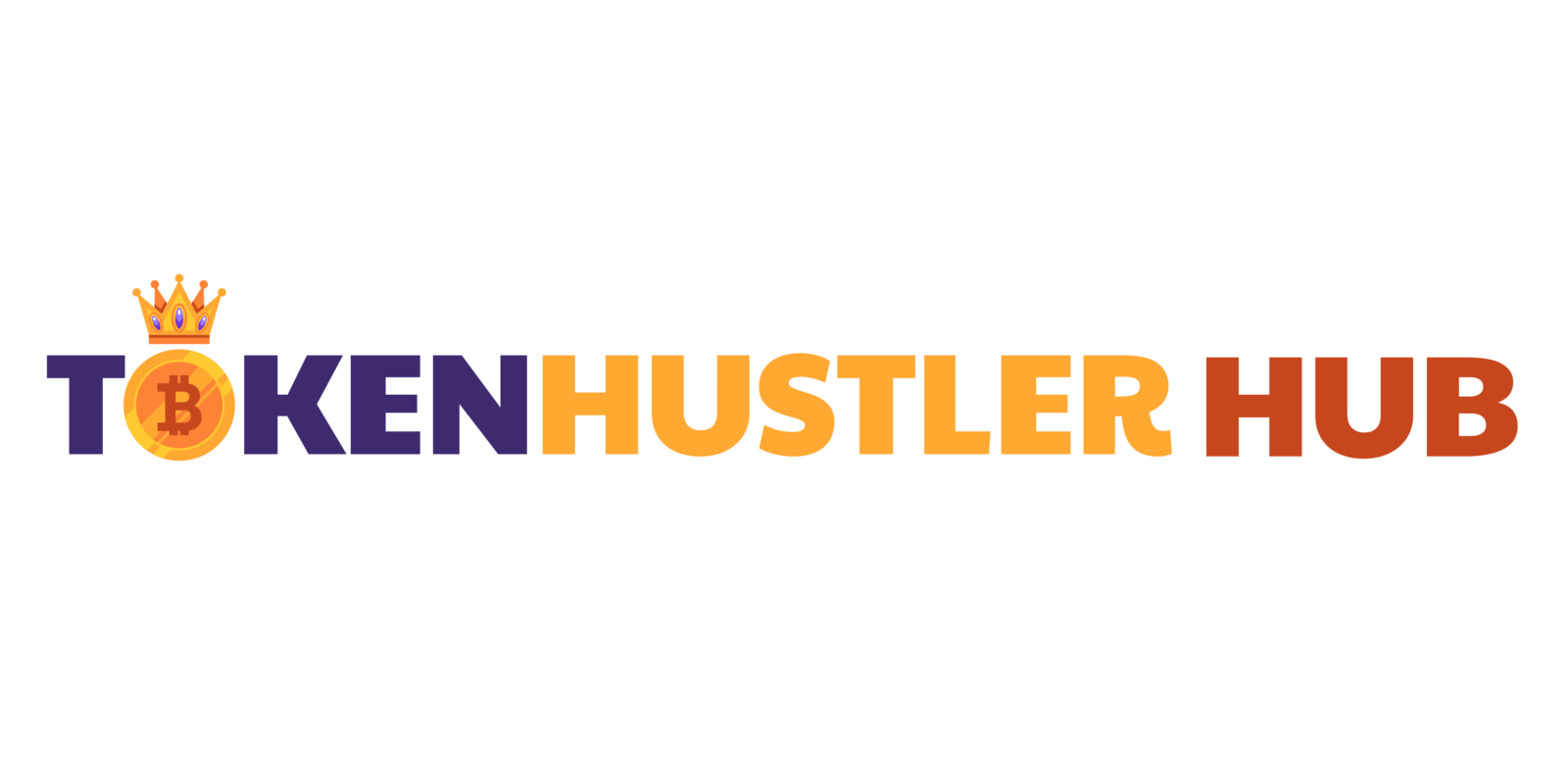When I think about the supply chain, I picture a complex web of processes connecting manufacturers, suppliers, and consumers. It’s a system that’s essential yet often plagued by inefficiencies, lack of transparency, and fraud. That’s where blockchain steps in, promising to revolutionize how we track, verify, and optimize every link in the chain.
Blockchain isn’t just about cryptocurrencies—it’s a game-changer for industries like logistics and supply chain management. By providing a secure, decentralized ledger, it ensures every transaction is traceable and tamper-proof. Imagine knowing exactly where your products come from, how they’re handled, and when they’ll arrive—all in real time.
What Is Blockchain Technology?
Blockchain technology is a distributed ledger system that records transactions across multiple computers. Each block in the chain contains a list of transactions, a timestamp, and a cryptographic hash of the previous block, ensuring data integrity. It’s immutable; once data is recorded, altering it is nearly impossible without consensus.
This technology operates on a decentralized network. Unlike traditional centralized databases, blockchain relies on a network of nodes to validate and record new transactions. This structure removes the need for intermediaries like banks or clearinghouses, reducing costs and delays.
Cryptographic algorithms secure transaction data. Public and private keys facilitate secure data sharing, while consensus protocols, such as Proof of Work or Proof of Stake, validate transactions. These mechanisms enhance transparency and trust across all parties involved.
Blockchain’s transparency supports accountability. Participants in the network can access the same version of the ledger, ensuring real-time visibility and preventing unauthorized changes. This feature makes it highly effective for applications requiring traceability, such as supply chain management.
Key Ways Blockchain Is Transforming the Supply Chain
Blockchain introduces transformative capabilities to the supply chain, addressing many of the challenges inherent in traditional systems. Here’s how it makes a significant impact:
Enhancing Transparency and Traceability
Blockchain ensures that every transaction is recorded in a decentralized ledger accessible to all authorized participants. Each step, from raw material sourcing to final delivery, is traceable with a time-stamped and tamper-proof record. For example, the food industry uses blockchain to track produce origins, ensuring compliance with safety standards and enabling consumers to verify product authenticity.
Improving Efficiency and Reducing Costs
Blockchain eliminates intermediaries by automating processes through smart contracts. These digital agreements self-execute upon meeting predefined conditions, significantly reducing manual errors and delays. For instance, cross-border trade benefits from streamlined customs processes, cutting transaction costs and saving time in logistics.
Strengthening Security and Trust
Blockchain’s cryptographic algorithms secure data and prevent unauthorized edits or fraud. Its decentralized nature ensures no single point of failure, minimizing risks of breaches. This boosts trust among stakeholders since all participants work with verified, immutable data. In sectors like pharmaceuticals, blockchain combats counterfeit drugs by validating supply chain integrity.
Facilitating Better Collaboration
Blockchain fosters collaboration by providing a unified platform where all parties like:
- manufacturers
- suppliers
- distributors
- retailers
access the same real-time data. This aligns operations, reduces disputes, and improves decision-making. For example, automotive industries use blockchain to manage multi-tier parts suppliers efficiently.
Real-World Applications Of Blockchain In Supply Chains

Blockchain’s integration into supply chains has led to practical applications across various industries, resolving long-standing challenges with traceability, efficiency, and security. Here’s how specific sectors are leveraging blockchain technology.
Food and Agriculture
Blockchain enhances traceability in food supply chains, ensuring product safety and origin accountability. Each stage of a product’s journey, from farm to table, is recorded on a decentralized ledger. For instance, Walmart leverages blockchain to trace produce origins within seconds, addressing contamination outbreaks quickly. In agriculture, it validates organic certifications and fair trade claims, preventing fraudulent labeling.
Pharmaceuticals and Healthcare
- Blockchain mitigates counterfeit medication risks and ensures traceability in the pharmaceutical sector.
- It tracks drugs through production, distribution, and sale, reducing counterfeit instances that cost $200 billion annually, according to WHO.
- Pfizer uses blockchain to authenticate drug legitimacy, strengthening global healthcare supply chains.
- In patient care, blockchain secures sensitive medical supplies like vaccines by monitoring storage conditions, avoiding spoilage, and ensuring proper handling along the chain.
Retail and E-Commerce
Blockchain ensures authenticity and transparency in retail and e-commerce transactions. Luxury brands like LVMH verify product authenticity with unique blockchain-based digital certificates, combating counterfeiting. It improves customer trust through end-to-end visibility of product sourcing and ethical practices. In e-commerce, smart contracts automate payments and logistics, expediting order fulfillment and reducing chargeback fraud. Blockchain also facilitates seamless cross-border trade by bypassing third-party intermediaries.
Benefits Of Blockchain Adoption For Supply Chains
Enhanced Transparency and Traceability
Blockchain provides real-time visibility across the supply chain, enabling stakeholders to track product origins, movements, and ownership at every stage. This level of transparency ensures accountability and helps prevent issues like counterfeiting and fraud. For example, companies can verify raw material sourcing, ensuring ethical practices in industries like fashion and food production.
Improved Efficiency and Cost Reduction
The use of smart contracts eliminates intermediaries, automating processes like payment settlements and shipment tracking. This streamlining reduces delays and errors caused by manual interventions. In logistics, automating customs clearance in cross-border trade shortens processing times, cutting operational costs significantly.
Strengthened Security and Data Integrity
Blockchain ensures tamper-proof transaction records through cryptographic algorithms. This prevents unauthorized access and fraudulent activities across the supply chain network. For sensitive industries such as pharmaceuticals, blockchain ensures data consistency, securing critical information about drug authenticity and distribution.
Enhanced Trust Between Participants
Blockchain’s decentralized nature ensures a unified version of records accessible to all authorized participants. This transparency builds trust among all stakeholders, reducing disputes and enabling seamless collaboration. For instance, in supplier-buyer relationships, blockchain provides proof of compliance, enhancing confidence in business transactions.
Better Risk Management
Blockchain facilitates swift identification of bottlenecks or failures in the supply chain by maintaining an immutable data trail. During recalls, companies can trace defective batches in seconds, minimizing losses and protecting consumer safety. This is especially critical in sectors like food, where contamination recalls can have severe implications.
Support for Sustainability Efforts
Blockchain aids sustainability by tracking environmental impact metrics like carbon footprint and ensuring responsible sourcing of materials. For example, businesses in the energy sector use blockchain to certify renewable energy credits, ensuring adherence to green initiatives.
Enhanced Collaboration Across Networks
With a shared ledger, all parties involved in the supply chain—suppliers, manufacturers, distributors, and retailers—can access the same data in real time. This alignment fosters coordinated decision-making, reducing miscommunications and inefficiencies in multi-party operations. For example, automotive industries use blockchain to synchronize spare parts inventory management among different suppliers.
Fraud Prevention and Authenticity Verification
Blockchain combats counterfeiting by assigning unique digital identifiers (such as tokens) to products. This ensures authenticity for goods like luxury items and electronics. Brands use these digital certificates to verify genuine products, making it harder for fraudulent items to penetrate the supply chain.


 Blockchain Tech Contributor
Blockchain Tech Contributor

